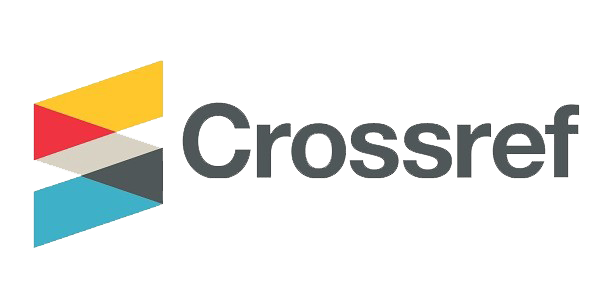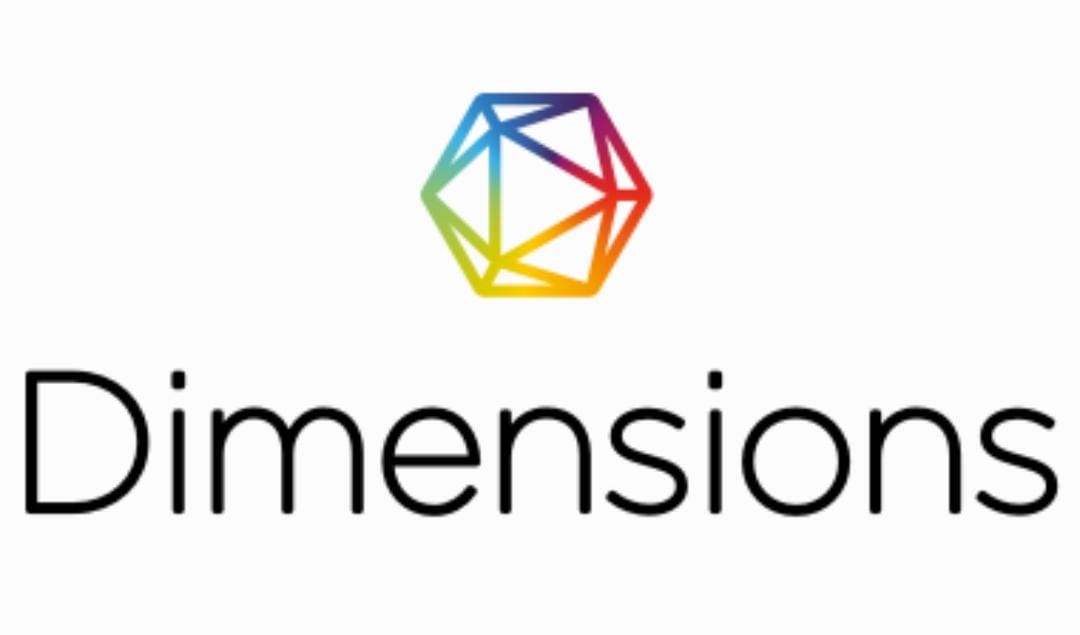PENGARUH CYBERLOAFING TERHADAP KINERJA PEGAWAI
(STUDI PADA TENAGA KEPENDIDIKAN DI PERGURUAN TINGGI KOTA TERNATE)
DOI:
https://doi.org/10.33197/bes.vol4.iss1.2024.2207Keywords:
Cyberloafing, Kinerja Pegawai, Jenis Kelamin, Usia, Status PerkawinanAbstract
Penelitian ini bertujuan untuk menginvestigasi peran dari perilaku cyberloafing dalam mempengaruhi kinerja pegawai. Selain itu, penelitian ini juga menginvestigasi sejaih mana perbedaan kinerja pegawai berdasarkan jenis kelamin, usia, status perkawinan, dan tingkat pendidikan. Melalui metode survei, penelitian ini melakukan pengumpulan data dengan menyebarkan kuesioner kepada 107 tenaga kependidikan di perguruan tinggi negeri (PTN) maupun perguruan tinggi swasta (PTS) di Kota Ternate. Pengujian hipotesis selanjutnya dilakukan menggunakan analisis regresi sederhana dan one-way ANOVA. Hasil menunjukkan bahwa perilaku cyberloafing berpengaruh secara positif terhadap kinerja pegawai. Selain itu, hasil juga menunjukkan bahwa terdapat perbedaan kinerja pegawai berdasarkan jenis kelamin, usia, dan status perkawinan. Di sisi lain, tidak terdapat perbedaan kinerja pegawai berdasarkan tingkat pendidikan.
Downloads
References
Aghaz, A., & Sheikh, A. (2016). Cyberloafing and job burnout: An investigation in the knowledge-intensive sector. Computers in Human Behavior, 62, 51–60. https://doi.org/10.1016/j.chb.2016.03.069
Aung, Z. M., Santoso, D. S., & Dodanwala, T. C. (2023). Effects of demotivational managerial practices on job satisfaction and job performance: Empirical evidence from Myanmar’s construction industry. Journal of Engineering and Technology Management, 67, 101730. https://doi.org/10.1016/j.jengtecman.2022.101730
Baturay, M. H., & Toker, S. (2015). An investigation of the impact of demographics on cyberloafing from an educational setting angle. Computers in Human Behavior, 50, 358–366. https://doi.org/10.1016/j.chb.2015.03.081
Deng, J., Liu, J., Yang, T., & Duan, C. (2022). Behavioural and economic impacts of end-user computing satisfaction: Innovative work behaviour and job performance of employees. Computers in Human Behavior, 136, 107367. https://doi.org/10.1016/j.chb.2022.107367
Derin, N., & Gökçe, S. G. (2016). Are Cyberloafers Also Innovators?: A Study on the Relationship between Cyberloafing and Innovative Work Behavior. Procedia - Social and Behavioral Sciences, 235, 694–700. https://doi.org/10.1016/j.sbspro.2016.11.070
Hensel, P. G., & Kacprzak, A. (2020). Job Overload, Organizational Commitment, and Motivation as Antecedents of Cyberloafing: Evidence from Employee Monitoring Software. European Management Review, 17(4), 931–942. https://doi.org/10.1111/emre.12407
Koay, K. Y., & Soh, P. C. H. (2018). Should cyberloafing be allowed in the workplace? Human Resource Management International Digest, 26(7), 4–6. https://doi.org/10.1108/HRMID-05-2018-0107
Koay, K. Y., Soh, P. C. H., & Chew, K. W. (2017). Do employees’ private demands lead to cyberloafing? The mediating role of job stress. Management Research Review, 40(9), 1025–1038. https://doi.org/10.1108/MRR-11-2016-0252
Koay, K.-Y., & Soh, P. C.-H. (2019). Does Cyberloafing Really Harm Employees’ Work Performance?: An Overview. In J. Xu, F. L. Cooke, M. Gen, & S. E. Ahmed (Eds.), Proceedings of the Twelfth International Conference on Management Science and Engineering Management (pp. 901–912). Springer International Publishing.
Lim, P. K., Koay, K. Y., & Chong, W. Y. (2021). The effects of abusive supervision, emotional exhaustion and organizational commitment on cyberloafing: a moderated-mediation examination. Internet Research, 31(2), 497–518. https://doi.org/10.1108/INTR-03-2020-0165
Mercado, B. K., Giordano, C., & Dilchert, S. (2017). A meta-analytic investigation of cyberloafing. Career Development International, 22(5), 546–564. https://doi.org/10.1108/CDI-08-2017-0142
Ohunakin, F., & Olugbade, O. A. (2022). Do employees’ perceived compensation system influence turnover intentions and job performance? The role of communication satisfaction as a moderator. Tourism Management Perspectives, 42, 100970. https://doi.org/10.1016/j.tmp.2022.100970
Osei, H. V., Ampofo, I. A. J., & Osei, A. (2022). The role of prescriptive social norms on employees’ cyberloafing: the moderating effect of power distance and co-workers’ interdependency. International Journal of Organization Theory and Behavior, 25(3–4), 131–149. https://doi.org/10.1108/IJOTB-11-2021-0210
Santos, A. S., Ferreira, A. I., & da Costa Ferreira, P. (2020). The impact of cyberloafing and physical exercise on performance: a quasi-experimental study on the consonant and dissonant effects of breaks at work. Cognition, Technology and Work, 22(2), 357–371. https://doi.org/10.1007/s10111-019-00575-2
Sekaran, U., & Bougie, R. (2016). Research methods for business: a skill-building approach (Seventh edition). Chichester: John Wiley & Sons.
She, Z., & Li, Q. (2022). When Too Little or Too Much Hurts: Evidence for a Curvilinear Relationship Between Cyberloafing and Task Performance in Public Organizations. Journal of Business Ethics. https://doi.org/10.1007/s10551-022-05038-9
Soral, P., Arayankalam, J., & Pandey, J. (2020). The Impact of Ambivalent Perception of Bureaucratic Structure on Cyberloafing. Australasian Journal of Information Systems Soral, 24, 1–44.
Sørlie, H. O., Hetland, J., Bakker, A. B., Espevik, R., & Olsen, O. K. (2022). Daily autonomy and job performance: Does person-organization fit act as a key resource? Journal of Vocational Behavior, 133, 103691. https://doi.org/10.1016/j.jvb.2022.103691
Tandon, A., Kaur, P., Ruparel, N., Islam, J. U., & Dhir, A. (2022). Cyberloafing and cyberslacking in the workplace: systematic literature review of past achievements and future promises. Internet Research, 32(1), 55–89. https://doi.org/10.1108/INTR-06-2020-0332
Tsai, H. Y. (2023). Do you feel like being proactive day? How Daily Cyberloafing Influences Creativity and Proactive Behavior: The Moderating Roles of Work Environment. Computers in Human Behavior, 138, 07470. https://doi.org/10.1016/j.chb.2022.107470
Vu, T. van. (2022). Perceived socially responsible HRM, employee organizational identification, and job performance: the moderating effect of perceived organizational response to a global crisis. Heliyon, 8(11), e11563. https://doi.org/10.1016/j.heliyon.2022.e11563
Wong, G. Y.-L., Kwok, R. C.-W., Zhang, S., Lai, G. C.-H., & Cheung, J. C.-F. (2023). Mutually Complementary Effects of Cyberloafing and Cyber-Life-Interruption on Employee Exhaustion. Information & Management, 103752. https://doi.org/10.1016/j.im.2022.103752
Wu, J., Mei, W., & Ugrin, J. C. (2018). Student Cyberloafing in and out of the Classroom in China and the Relationship with Student Performance. Cyberpsychology, Behavior, and Social Networking, 21(3), 199–204. https://doi.org/10.1089/cyber.2017.0397
Zhong, J., Chen, Y., Yan, J., & Luo, J. (2022). The mixed blessing of cyberloafing on innovation performance during the COVID-19 pandemic. Computers in Human Behavior, 126, 106982. https://doi.org/10.1016/j.chb.2021.106982









